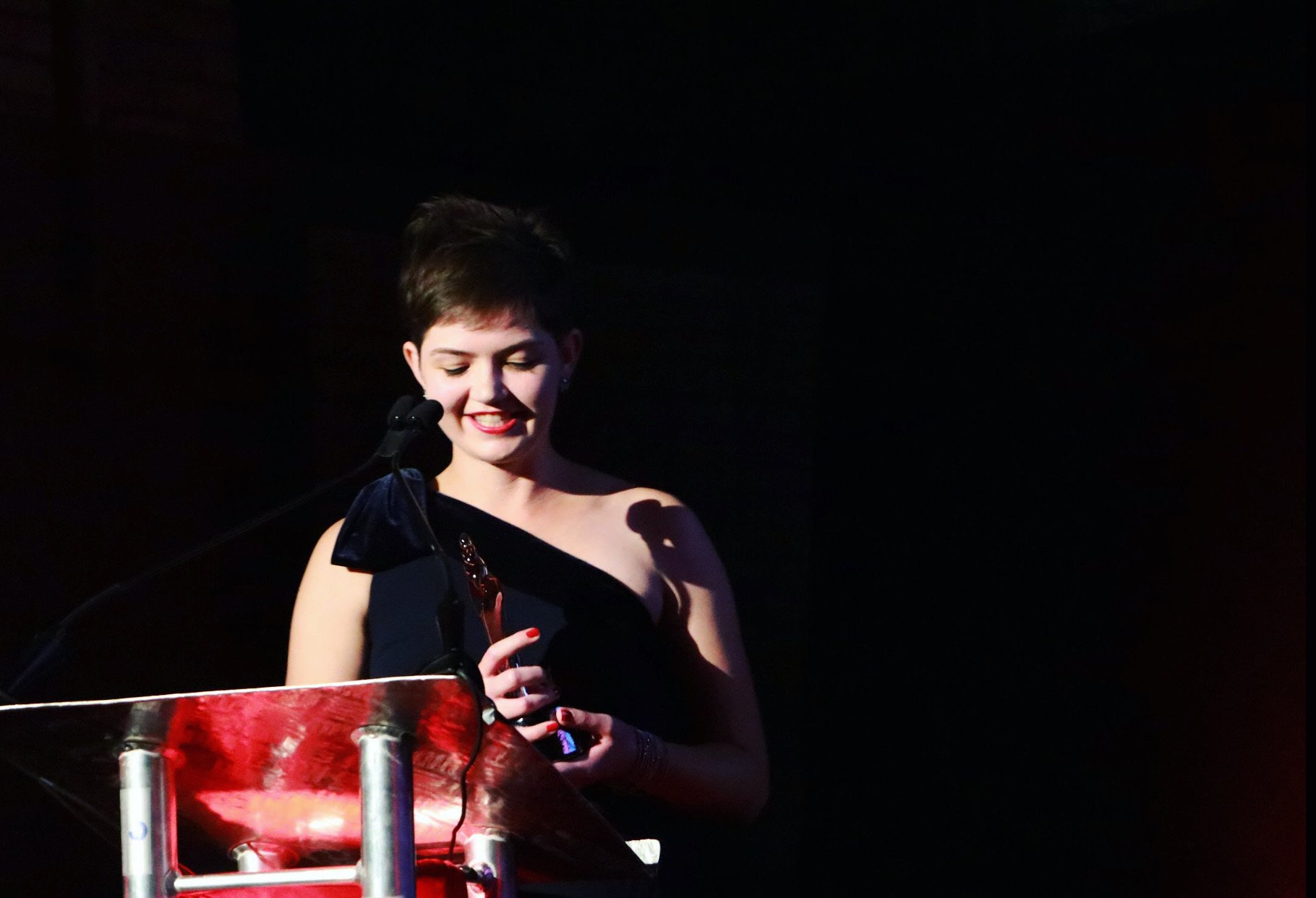artist statement
Artist Statement
by Lillie Gardner
I write heartfelt, candid, and empowering stories about girls and women defying expectations. This theme is rooted in personal experience: When I was a little girl, I wanted to be a writer. However, I also loved piano. Music came easily to me, and adults praised my piano playing as my “gift.” After my parents divorced when I was eight, I didn’t have the vocabulary to express my tough emotions through writing, but I found an empowering outlet for them in music.
These experiences led to my fixed mindset about who I believed I was supposed to be. I continued writing, but I trained seriously as a pianist—a path I followed all the way to graduate school, eventually earning my doctorate in solo piano performance. Along the way I encountered sexism everywhere, from practicing hard for competitions only to hear male judges comment on my appearance, to becoming fascinated by the absence of female composers from music history textbooks. The more I dug into classical music’s culture, the more expectation-defying women I unearthed.
By the time I finished my doctorate, I’d become passionate about historical female composers, and I was finally gathering the courage to follow in their bold footsteps and pursue my actual dream. I loved music, but writing had always been my identity. I worked hard to expand my beliefs about myself, including what I might be capable of and what I was allowed to pursue. As a pianist, I’d wanted someone to write a screenplay about one of those female composers. (It’s about time we had the feminist Amadeus to normalize female genius, no?) Now, after years of writing prose alongside my music practice, I decided I’d attempt this screenplay myself.
I wrote my first pilot screenplay, American Virtuosa, and fell in love with the medium. Screenwriting felt like the best of both worlds: I could craft stories and dialogue with words, and I could guide the pacing of a temporal experience the way I loved doing at the piano. I finally felt like I was doing what I’m “supposed” to do—even if it wasn’t what anyone expected of me.
As a writer, my creative process starts with the skill I’ve had to work so hard to acquire: listening to myself. I pay attention to ideas that compel me. I usually discover I’m writing a female-led story that I’ve never seen—whether it’s about poor women like my great-grandmother who wield femininity to gain power (Ruth Rising); bright girls who have the scoop on history and the magical know-how to bring it to life (Allegra Sparkle); or people-pleasing Minnesota gals like myself who have to guard their lines in the sand between their beliefs and how others expect them to behave (VEGAN PLEASE).
Once I understand what I’m writing for myself, I pivot my work towards an audience. Like my musical process, I journey through a passage over and over again, searching for ways to strengthen it technically and expressively. This is done with the goal of meaningfully connecting with others. In a world that often feels dire, it’s important to me that my work helps people feel good—not with superficial positivity, but through warmth that is grounded in truth and brings joy, validation, and inspiration.
I care fiercely for that little girl I used to be, who had big feelings and wasn’t sure if she could be who she wanted to be. This is why, in addition to writing for adults, I’m passionate about writing projects to delight, comfort, and empower the next generation. Both in art and in life, believing in the future is what moves us toward it. I write in hopes of lovingly pushing all of us to expand our beliefs about who we are, what we’re capable of, and just how bright the future can be.

